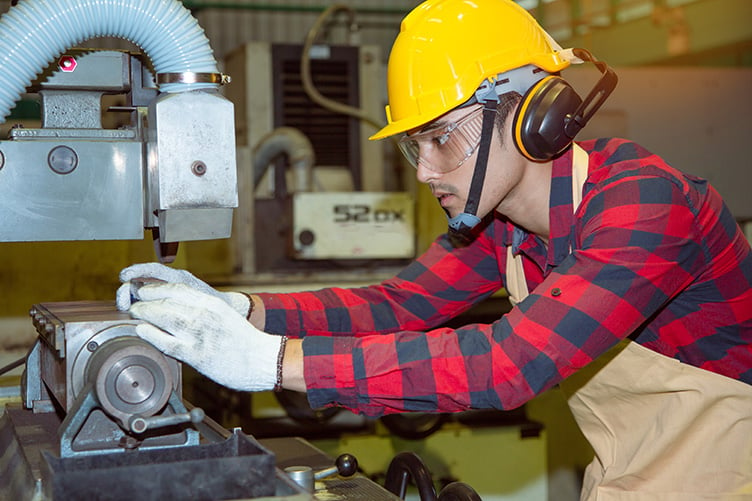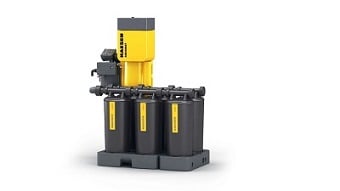How factory workers can de-stress after a long shift
June 04, 2020 Figure 1: Factory work can be both physically and mentally stressful. Source: Adobe Stock
Figure 1: Factory work can be both physically and mentally stressful. Source: Adobe Stock
Stress is a productivity killer in virtually any industry, and this is no less true for factory workers engaged in physically taxing and oftentimes repetitive and monotonous work within manufacturing plants and warehouses.
Factory work tends to be physically demanding, repetitive, technically complex and potentially dangerous. It includes a range of tasks such as packaging, stacking, sorting, storing, filling, mixing, inspecting and assembling, which often require the use of complex equipment. Physical stressors coupled with productivity demands can prove difficult for factory workers, and result in declines in productivity and employee morale. Add to that extended shifts due to staff shortages, increased product demand, or, in extreme cases, a pandemic, and stress levels can skyrocket.
So how can factory workers de-stress following long shifts?
Take advantage of workplace benefits
Factory employees feeling the strain of long shifts and increased demand should not hesitate to use their company provided benefits, be it personal or vacation days or employee assistance programs where employees can access mental health professionals to discuss their personal stressors.
Workplace benefits for alleviating stress that are growing in popularity among employers also include flexible work schedules and healthcare and wellness programs. The latter offer diet assistance and yoga sessions, for instance, to help employees relax and practice better stress management.
Walk (or run) it off
Often, factory shift workers can experience periods of increased productivity where breaks or time away from the production line seem impossible. However, to reduce stress, factory workers are encouraged to move around, even if for just a few minutes at a time. Stepping away and taking a quick walk or a run can immediately improve stress levels. In fact, exercise is an often-prescribed antidote to stress.
Illuminate the situation
Commonly, warehouses and factories tend to run on the dark side, which can sap energy and impact the overall mood of employees. This has significant implications for productivity and, consequently, stress levels. As such, employees should arrange with their immediate supervisors to improve the lighting within the factory if at all possible.
Eliminate the stimuli
Factories tend to be hotbeds of action where loud equipment and stark lighting can create environmental stressors for those exposed to those conditions for prolonged periods. Having the appropriate safety gear, such a headphones or eyewear, could potentially reduce those stressors. However, in the absence of such gear, factory workers might consider bringing in their own headphones (if it does not prove dangerous while operating equipment or working among certain products) to drown out the noise. If the workspace allows, factory workers should consider listening to music, which reportedly decreases stress hormones.
Stand (or sit) up straight
Because factory workers are often engaged in repetitive tasks, their bodies are also engaged in repetitive movements, which can create stress and wear on certain regions of their bodies. To ensure that such stressors are not impacting their bodies, factory workers should ensure that they are practicing proper ergonomics as they perform their job functions, moving (or sitting) in the safest way possible.
Meditate
Time away from the production line might be well spent in meditation. Whether it be through meditation exercises available online or through dedicated apps, a few minutes away from all of the workplace related stress triggers could prove beneficial for workers, especially if those moments are accompanied by a few deep, cleansing breaths.
Summary
Factory work is stressful work and the people carrying out functions within that setting should make sure to immediately alleviate that stress using these, or other, de-stressing tips.
For more on this and other topics, visit Radwell International for the latest in plant floor and facilities management news.




